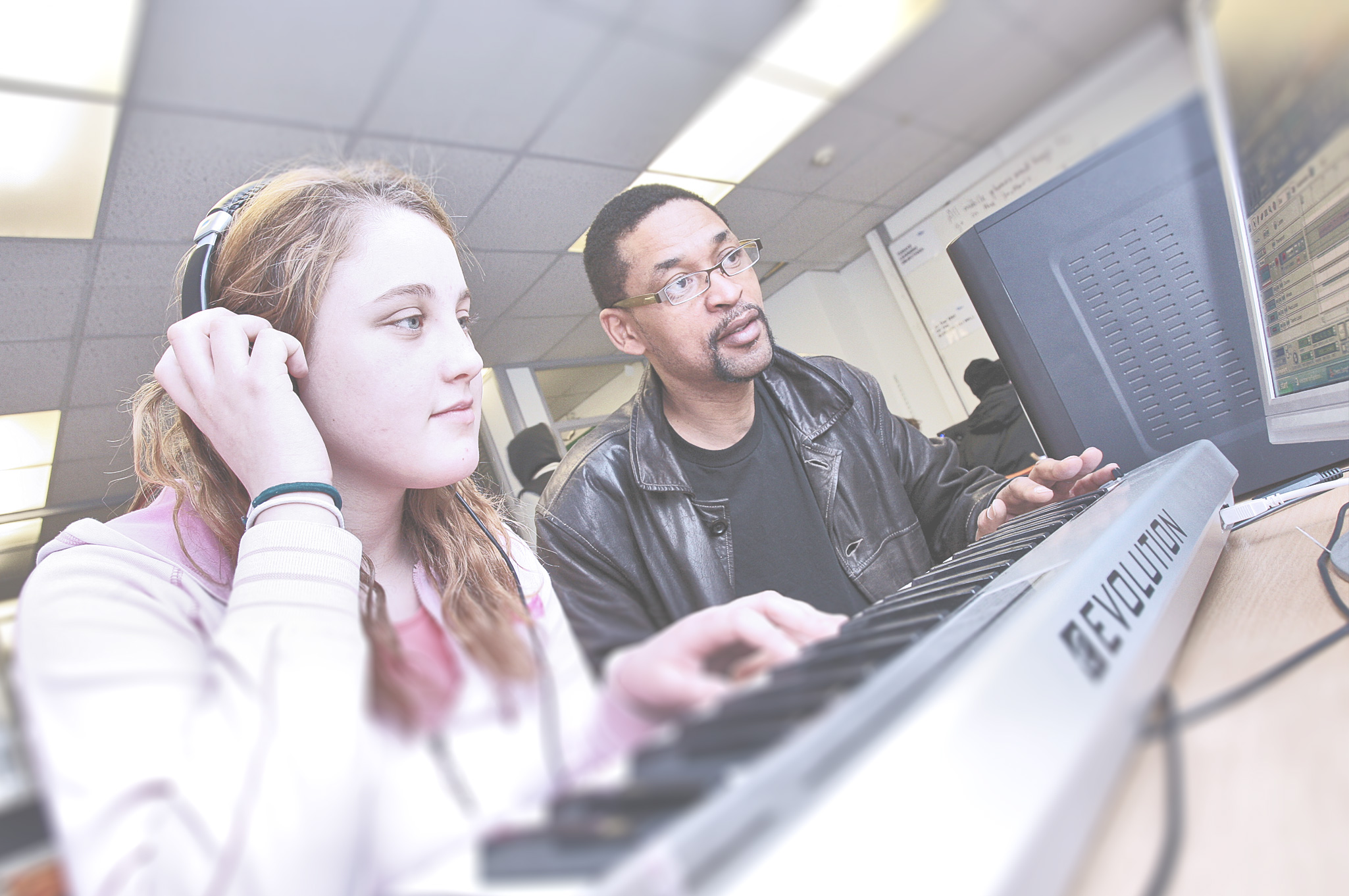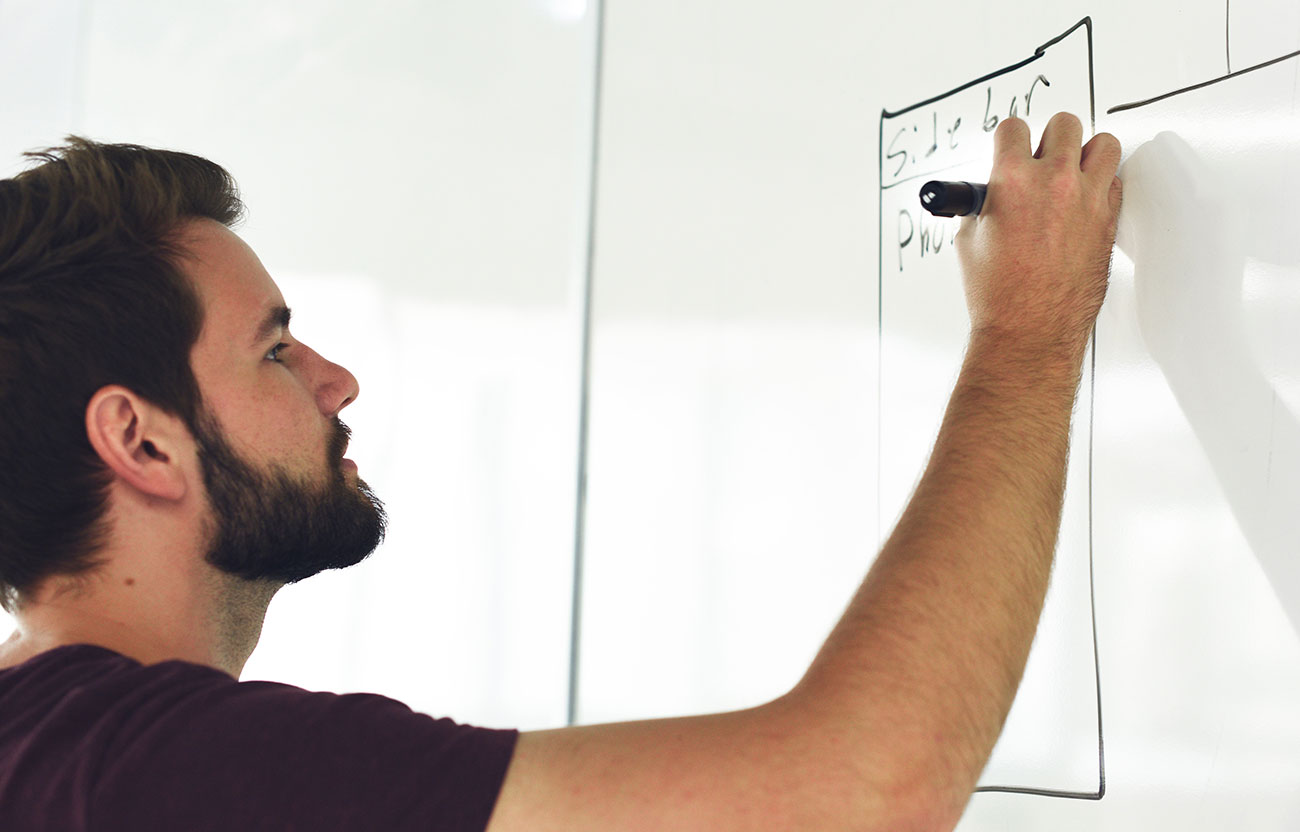Policy for Cheating, Malpractice and Plagiarism in Relation to Teaching and Learning
Purpose
Values
Every effort should be made to ensure learners; tutors and assessors are informed about appropriate study approaches to prevent the incidence of cheating, malpractice and plagiarism in teaching and learning.
Information about appropriate study approaches and cheating, malpractice and plagiarism in teaching and learning should be expressed and explained in language and situation appropriate to each individual learner.
Any suspected incidence of cheating, malpractice and plagiarism in teaching and learning should be investigated in a manner that supports the individual to understand and account for the incident without prejudgment.
Scope and Definitions
A. Cheating constitutes any action whereby a learner deliberately seeks to gain advantage by: taking unauthorised information or equipment into a test or examination; submitting work for assessment done by a third party as one’s own (including using IT to do so and/or paying for work from another source).
B. Malpractice constitutes any action that deliberately disrupts fair and equal opportunity for assessment or examination by:
Learners: interfering with or gaining unauthorised access to assessment papers prior to the designated time; destroying the work of another learner (paper/electronic/video etc); acting in a disruptive manner in the context of assessment/qualifications/test.
Tutors/Assessors: breaking the assessment regulations of the Awarding Body; acting in a manner that undermines the integrity of assessment; assisting learners with the production of answers – this would include providing the work of another learner taking the same assessment to use as a model for submission; failing to keep learners’ work safe (paper/computer/audio etc.).
C. Plagiarism constitutes submitting work that is not one’s own, without indicating or recognising this to the marker (acknowledging your sources). This might occur by: using a choice phrase or sentence come across elsewhere; copying word-for-word directly from a text; paraphrasing the words from a text very closely; using text downloaded from the internet; borrowing statistics or assembled facts from another person or source; copying or downloading figures, photographs, pictures or diagrams without acknowledging their sources; copying from the notes or essays of a fellow student; copying from your own notes on a text, tutorial, video or lecture that contain direct quotations.
Please Find JCQ Guidance Here
Procedures
StreetVibes Media Academy (SV) recognises that the temptation for cheating, malpractice or plagiarism may arise from lack of self-confidence or misunderstanding of the aims and conditions of the assessment /test/examination. Plagiarism, in particular, may happen inadvertently due to learner inexperience.
Stage 1
Stage 2
Stage 3
Sanctions in the Event of Cheating, Malpractice or Plagiarism
Learner Sanctions will be applied proportionate to the seriousness of the behaviour.
A learner may lose credit for the individual unit or for all units in the qualification.
A learner may be disqualified from completing the qualification.
A learner may be barred from submitting work or taking an examination towards the qualification for a period of time.
Tutor/Assessor Sanctions will be applied proportionate to the seriousness of the behaviour.
A tutor may be withdrawn from teaching/assessing the individual course.
A tutor may be barred from teaching/assessing that qualification in the future.
A tutor may be served with warning of disciplinary action by the region and those procedures will begin.
This Policy should be viewed with reference to our other policies: Assessment, Appeals & Procedure Policy, Internal Verification Policy, Controlled Assessment Policy, Examinations Policy and Teaching, Learning & Assessment Policy.
__________________________________________________________________________________________
This policy is reviewed annually. This policy was last revised March 2023






